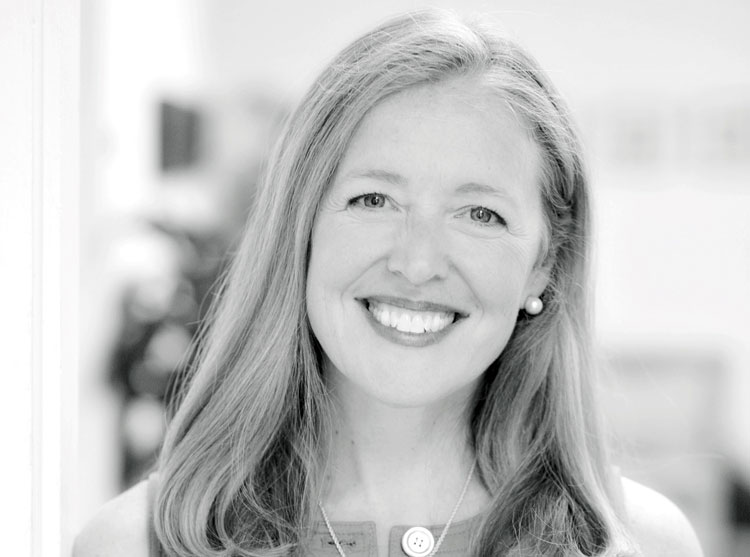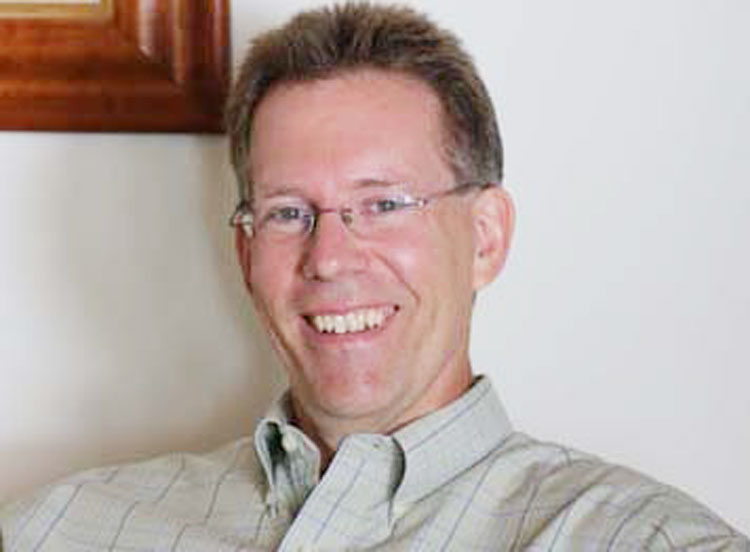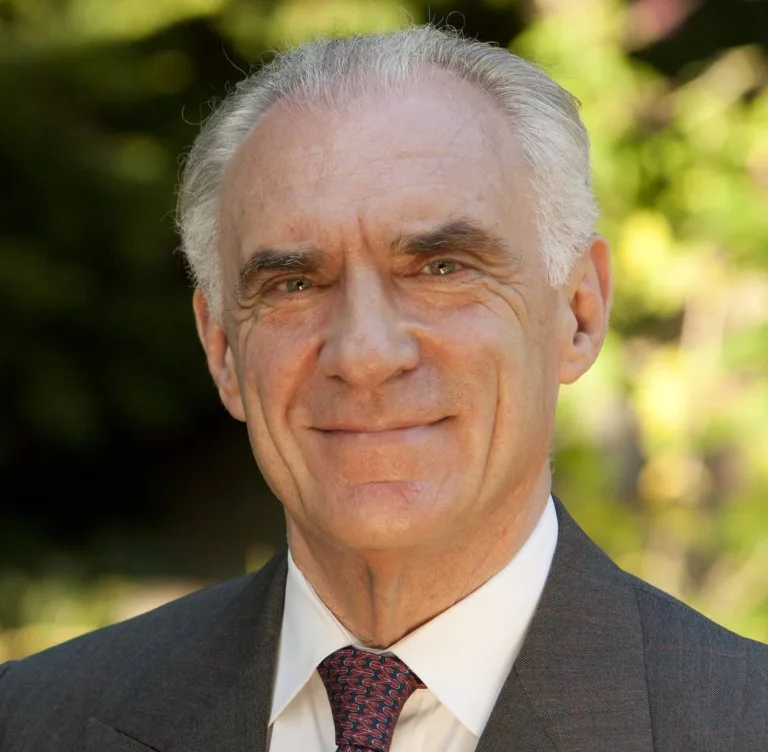
By Heather P. Wright
Sentinel Columnist
Our 45th President was sworn in last Friday. Some people you know are elated, while others are in a season of grief. How can we stand as people united when the people next-door or maybe even who share our dinner table were rooting for the other team, had a different vision of what America was supposed to be, and see things in ways that may be diametrically opposed to your view or mine? How do we honor those we disagree with?
Perhaps we can draw some wisdom from our football allegiance. Maybe your team still in the running for the Super Bowl, or your team may have gotten to the playoff games only to face defeat, or perhaps your team didn’t make it that far. When the game is over, the scoreboard declares a winner and loser. Some fans leave the stands wringing their hands and hanging their heads, while others exit cheering, hugging, and trying decide how to continue the celebration beyond the stands. What does it mean to weep with those who weep and rejoice with those who rejoice? It sounds easy to do when we are coming alongside someone we love who is crying and sharing his or her sorrow. Or to jump for joy when somebody else makes a team we didn’t try out for.
What about when it comes closer to home? What about if they are weeping over something that we are happy about, or they are rejoicing for something that makes us sick? That is hard for any of us to do and is much more sacrificial. It sounds hard to do, and maybe even impossible. That’s when something like divine invention is needed, for us to go beyond human limitations to draw on true empathy or Grace.
I would not be capable of rising above my own perspective and emotional responses without having a deeper spiritual understanding. For me, that is where faith comes in. It’s having the values that inform my life and help me to find a sense of purpose and meaning. Psychotherapist Frank Bartolomeo recently spoke to our team of counselors at the Center about the ACT therapeutic model: Acceptance Commitment Therapy. ACT believes that in the service of our values, we can deal with discomfort knowing it fits a larger purpose. Short-term discomfort can be tolerated for long-term gain. Remembering that may help us with our New Year’s resolutions, particularly ones that require a change in attitude or behavior which is uncomfortable for all of us. Change of any kind moves us out of our comfort zones, but it also opens us to opportunity.
How do we deal with difference? Can we put our ways of seeing the world and what is required to make it work aside and embrace the challenge of being with those we might not agree with? It might make us uncomfortable. What if they have a good argument? What might we give up if we saw the world through their lens, even briefly? Would it change us? Are we willing to take that risk?
When I taught graduate school for nine years, I challenged my students to read different voices representing a wide range of viewpoints. For five years, I taught theology and students read selections from different historical and cultural perspectives. When encountering differing voices, I challenged them to figure out who that person was, to understand their story and how they came to the conclusions they did. Through this process, I found students’ responses to difference becoming more tolerant, curious, and open. I asked them to be able to engage new perspectives. They could continue to believe what they believed, but that they needed to do so in dialogue with others that were not like-minded. For many of us, that’s the only way we come to know what we know. It helps if we are not arguing to win but rather discussing to learn.
On a recent national radio show interview on stress, I was asked, “How do we cope with election stress? What about if I and my spouse have voted for opposing candidates?” A true help with election stress, or any stress, is to move towards others rather than against or away from them. Can we approach others with genuine curiosity? Can we attempt to build a bridge from one point of difference to another without having to give up our own identity or opinions in the process? As people of God, we can build bridges. We have a higher citizenship that invites our allegiance. We are judged by how we love, not only those we like but also those we don’t.
So in this season of change, when some are elated and some are defeated, I invite each of us to step into the unknown and often frightening place of being curious about difference and being willing to engage others. They just might invite us to an even fuller expression of who we are called to be as agents of God’s love to our broken yet beautiful world.
The Rev. Dr. Heather Wright is executive director of the Greenwich Center for Hope and Renewal and the author, with George Faller, of “Sacred Stress: A Radically Different Approach to Using Life’s Challenges for Positive Change.





